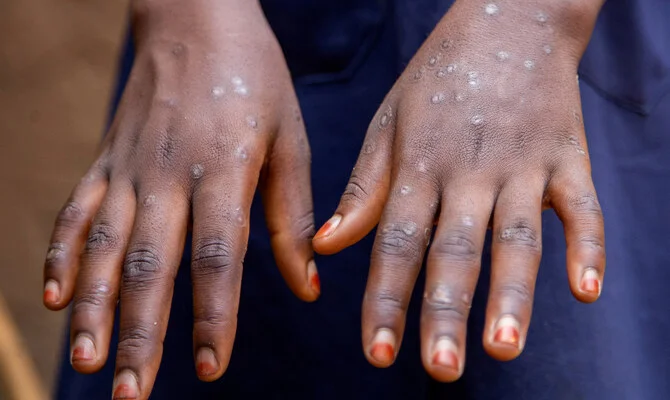The United Nations Children’s Fund (UNICEF) has issued an emergency tender to secure mpox vaccines for crisis-hit countries. UNICEF is collaborating with the Gavi vaccine alliance, Africa CDC, and the World Health Organization. The organizations announced this in a joint statement on Saturday.
Manufacturers can make agreements for up to 12 million doses through 2025, depending on their production capacity, according to the statement.
Under the emergency tender, UNICEF will set up conditional supply agreements with vaccine manufacturers, the statement said.
Once financing, demand, readiness, and regulatory requirements are confirmed, UNICEF can purchase and ship vaccines without delay.
The collaboration — which would also include working with the Vaccine Alliance and the Pan American Health Organization as well as with Gavi, the Africa Centers for Disease Control and Prevention and WHO — would facilitate donations of vaccines from existing stockpiles in high-income countries.
The statement added that WHO is reviewing information submitted by manufacturers on Aug. 23, and expects to complete a review for an emergency use listing by mid-September.
The agency is reviewing applications for emergency licenses for two vaccines made by Bavarian Nordic and Japan’s KM Biologics.
Mpox Cases Around the World
Earlier in August, the WHO declared mpox a global public health emergency following an outbreak of the viral infection in the Democratic Republic of Congo that spread to neighboring countries.
WHO Director-General Tedros Adhanom Ghebreyesus said Congo has reported more than 18,000 suspected cases of mpox with 629 deaths so far this year, while Burundi has confirmed over 150 cases.
Sweden and Thailand have confirmed cases of the clade Ib type of the virus, outside of the Democratic Republic of Congo and neighboring countries.
On 1 September, The Ministry of Health in Pakistan confirmed that Peshawar has reported a fourth case of Monkeypox. According to the ministry’s spokesperson, the affected person is from Khyber Pakhtunkhwa. The spokesperson said Border Health Services staff isolated the 47-year-old citizen on August 29 due to symptoms. The affected person has come from the Gulf countries. National Coordinator for Health Dr Mukhtar Bharath said that an effective screening system is working at all airports.
This news is sourced from Arab News and is intended for informational purposes only.



![Ukrainian and Russian flags with soldier silhouettes representing ongoing conflict. [Image via Atlantic Council].](https://southasiatimes.org/wp-content/uploads/2026/02/2022-02-09T000000Z_1319661209_MT1NURPHO000HXCNME_RTRMADP_3_UKRAINE-CONFLICT-STOCK-PICTURES-scaled-e1661353077377.jpg)


